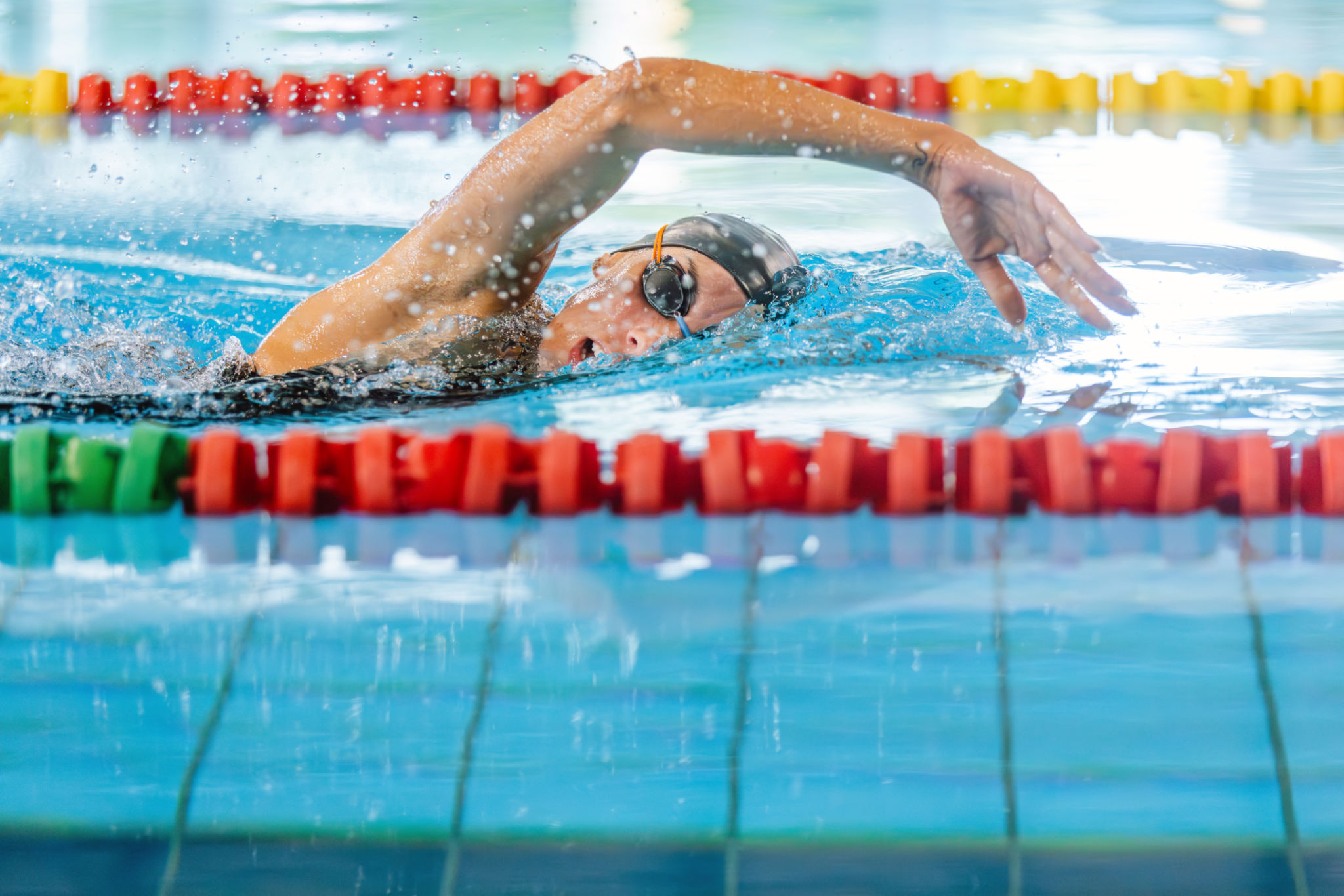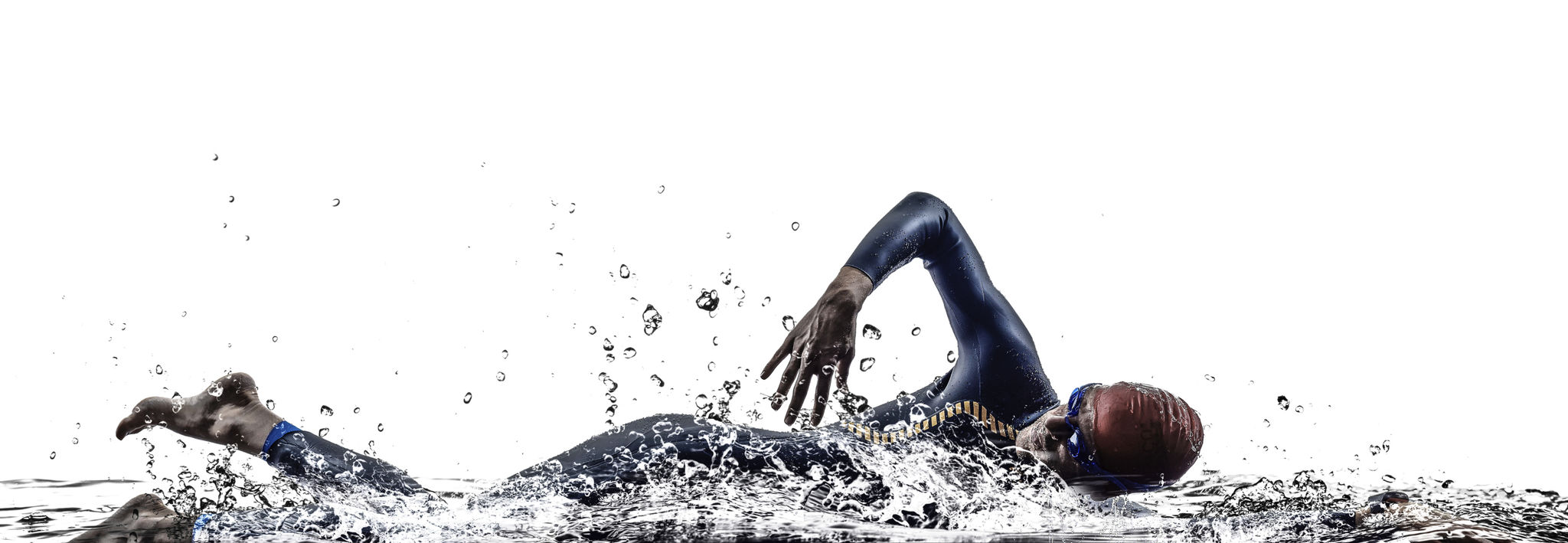Expert Tips for Improving Your Swimming Technique
Mastering the Basics
Improving your swimming technique begins with mastering the basics. This foundation is crucial whether you're a beginner or an experienced swimmer. Focus on maintaining a streamlined body position in the water to reduce drag and increase efficiency. This involves keeping your head low, hips at the surface, and toes pointed.

Perfecting Your Breathing Technique
Breathing is a vital component of swimming that often gets overlooked. To enhance your technique, practice bilateral breathing, which involves taking breaths on both sides. This not only balances your stroke but also reduces neck strain. Ensure you exhale fully under water to make room for a quick, full inhalation when you turn your head.
Enhancing Your Stroke
Improving your stroke technique can significantly impact your swimming performance. Focus on a high elbow catch to maximize propulsion through the water. This technique allows you to engage more muscles, providing greater power with each stroke. Additionally, work on a strong kick to support your upper body movements.

Utilizing Drills for Improvement
Incorporating drills into your practice sessions can help refine specific aspects of your swimming technique. Use drills such as the fingertip drag to improve your hand entry and recovery phase, or the one-arm drill to focus on developing a strong pull. Consistent practice of these drills will lead to noticeable improvements in your swimming efficiency.
Building Endurance and Strength
Endurance and strength are critical for maintaining proper technique over longer distances. Incorporate interval training into your routine to build stamina, alternating between short bursts of speed and recovery periods. Additionally, strength training exercises targeting core muscles and major swimming muscle groups can provide the power needed for an efficient swim.

Using Technology for Feedback
Take advantage of technology to analyze and improve your swimming technique. Devices such as underwater cameras or swim watches can provide valuable feedback on your performance. Review footage to identify areas for improvement and track your progress over time. This objective insight can be instrumental in fine-tuning your technique.
Seeking Professional Guidance
Working with a professional coach can offer personalized guidance tailored to your specific needs and goals. A coach can provide immediate feedback on your technique, suggest targeted drills, and adjust your training plan for optimal results. Don't hesitate to reach out for expert advice if you feel stuck in your progress.
Staying Consistent
Consistency is key when it comes to improving your swimming technique. Regular practice is essential to build muscle memory and reinforce proper form. Set realistic goals and maintain a consistent schedule that allows for recovery and adaptation. Over time, you'll see the fruits of your dedication in improved performance and confidence in the water.